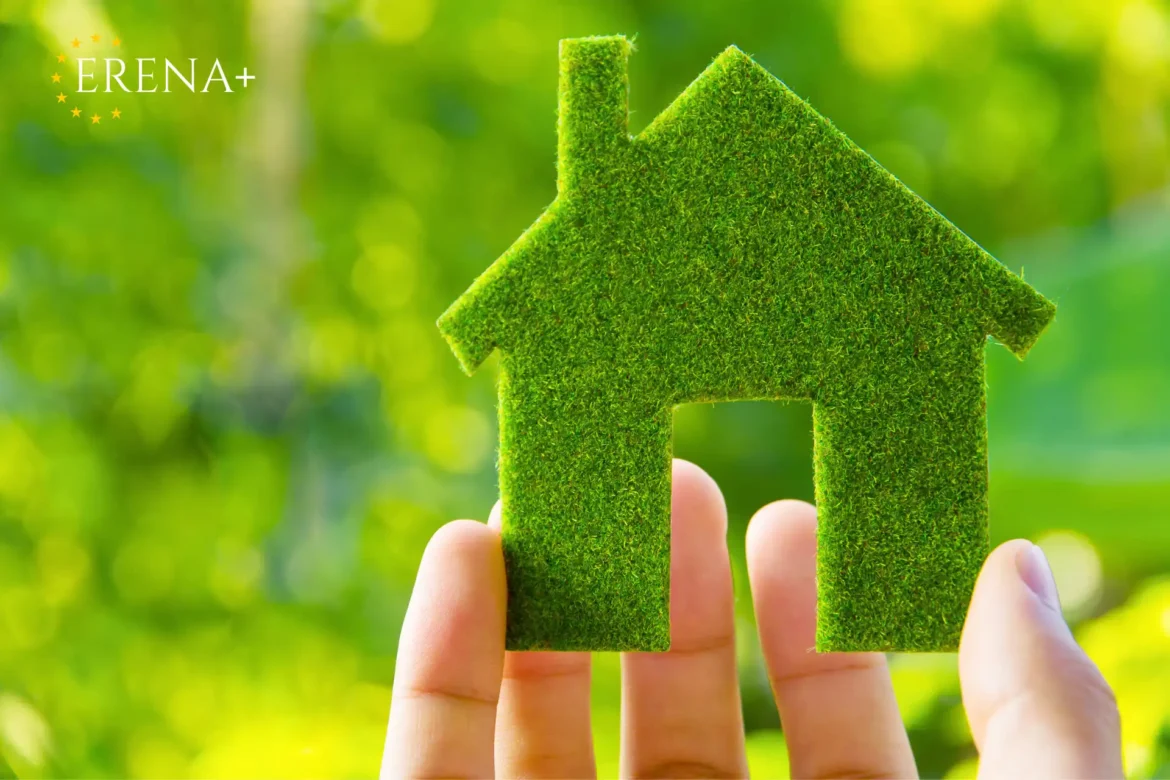Thessaloniki, Greece, is embracing green building and sustainable real estate practices as environmental awareness grows and demand for eco-friendly properties rises. From energy-efficient buildings to smart city innovations, Thessaloniki is taking significant steps to create a more sustainable urban environment. Here’s an overview of green building trends and sustainable real estate practices in Thessaloniki.
1. Energy-Efficient and Renewable Energy Buildings
- Energy-Efficient Designs: New residential and commercial properties in Thessaloniki are adopting energy-efficient designs, including advanced insulation, energy-efficient windows, and modern HVAC systems to reduce energy use.
- Solar Power Integration: Given Thessaloniki’s sunny Mediterranean climate, solar energy is a popular option. Many buildings feature rooftop solar panels or integrated photovoltaic systems to generate renewable energy and reduce carbon footprints.
- Green Building Certifications: International standards like LEED (Leadership in Energy and Environmental Design) and BREEAM (Building Research Establishment Environmental Assessment Method) are increasingly being used for projects, ensuring buildings meet high environmental standards.
2. Sustainable Construction Materials and Techniques
- Locally Sourced, Eco-Friendly Materials: Developers in Thessaloniki are prioritizing the use of locally sourced materials and sustainable options like recycled steel, sustainable wood, and eco-friendly concrete alternatives to lower environmental impacts.
- Green Roofs and Walls: The inclusion of green roofs and vertical gardens helps reduce the urban heat island effect, improves air quality, and manages stormwater efficiently.
- Circular Economy in Construction: A growing focus on recycling and reusing materials is evident, with many renovation projects adopting circular economy principles to minimize waste and environmental impact.
3. Urban Green Spaces and Sustainable Landscaping
- More Green Areas in Urban Development: Thessaloniki’s development plans increasingly incorporate parks, green spaces, and landscaped areas that enhance the quality of life for residents and promote biodiversity.
- Water Conservation Practices: Water management solutions such as rainwater harvesting, greywater reuse, and permeable surfaces are becoming more common, ensuring better resource conservation and sustainability in urban design.
4. Smart City and Sustainable Infrastructure
- Intelligent Building Systems: Thessaloniki is integrating smart technologies to manage energy use, water consumption, and waste in real-time. These systems make buildings more efficient and reduce the overall environmental footprint of urban areas.
- Sustainable Mobility: The city is focusing on improving public transport and creating pedestrian-friendly spaces to encourage walking and cycling, reducing reliance on private vehicles and cutting down emissions.
5. Government Support and Incentives for Green Buildings
- Energy-Efficiency Subsidies: Greece offers various programs like “Exoikonomo,” which provides financial support for homeowners to implement energy-efficient renovations, making it easier for citizens to embrace sustainable practices.
- EU Green Deal Alignment: Thessaloniki is working in line with the EU’s Green Deal, aiming to meet targets for reducing carbon emissions, promoting sustainable construction, and advancing green urban planning.
6. The Future of Sustainable Real Estate in Thessaloniki
- Net-Zero and Passive Houses: The demand for net-zero energy buildings (which produce as much energy as they consume) and passive houses (built to use minimal energy for heating and cooling) is expected to rise in Thessaloniki as energy costs increase and sustainability becomes a priority for homebuyers and developers.
- Eco-Tourism and Green Hotels: Eco-tourism is gaining popularity, with sustainable hotel developments that use energy-efficient systems, promote waste reduction, and source local materials and food.
Conclusion
Thessaloniki is on track to become a leader in sustainable urban development. By focusing on energy efficiency, renewable energy, sustainable construction materials, and smart technologies, the city is building a greener future. These practices not only help reduce environmental impact but also provide economic benefits, including lower operational costs for building owners and an improved quality of life for residents.

